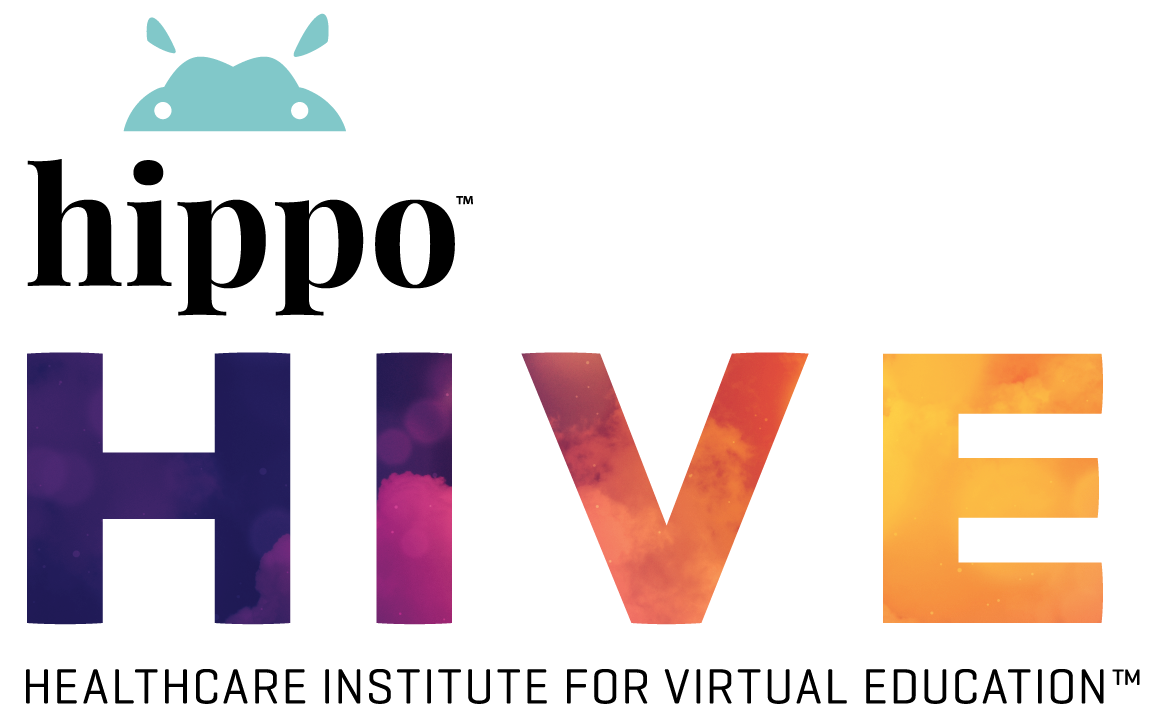How Hippo Virtual Care™ Is Helping to Pioneer Virtual Wound Care in Australia
A new trial highlights the power of virtual care to remove barriers to remote aged populations Southern Cross Care (SCC) is a not-for-profit aged care provider that has supported thousands of older Australians for more than 50 years. In an attempt to address four key challenges faced by Australian aged care providers — workforce shortages, […]
Improving the Lives of Dialysis Patients in Rural Clinics

Improving the Lives of Dialysis Patients in Rural Clinics Nephrology is the subspecialty of internal medicine that focuses on the diagnosis and treatment of kidney diseases. And, like many other medical specialties, it’s facing a critical shortage of providers for a variety of reasons: COVID-19 infections have increased the amount of kidney injuries in as […]
5G Telemedicine & Medical Training

5G Telemedicine & Medical Training The need for virtual care to service rural and remote locations is growing at a rapid rate around the world – even more so during the pandemic. The Royal Dutch Shell Hospital in Port Harcourt, Nigeria is revolutionizing both the healthcare delivery and teaching experience of its patients, clinicians, faculty, […]
Hippo Tech Device Gives Podiatry Students a Live Clinical Experience in the Classroom

Hippo Tech Device Gives Podiatry Students a Live Clinical Experience in the Classroom Closing the Gap Barry University’s School of Podiatric Medicine has added an exciting innovative technological tool to its instruction toolbox to implement remote patient care learning. The school is now using the Hippo virtual care device in our “Intro to Patient Care […]
Hippo Virtual Care Making A Difference to Wound Care at Michigan Medicine

Hippo Virtual Care Making A Difference to Wound Care at Michigan Medicine At Hippo, we’re always looking to highlight innovative people in the healthcare community. We recently sat down with Dr. Alton R. Johnson, Jr. to talk about his role as a current Fellowship Innovator in the 2023 “Research | Innovation | Scholarship | Education” […]
